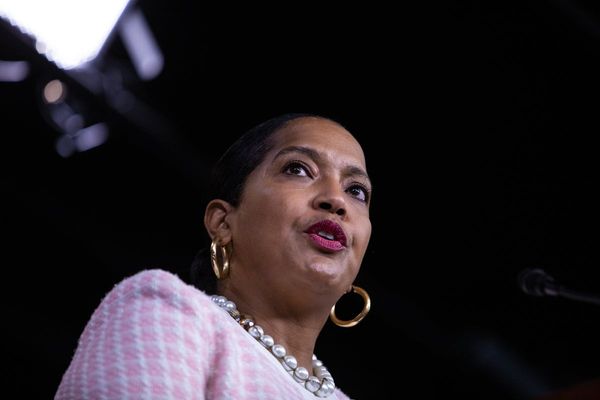
Elon Musk is concerned about the war between Russia and Ukraine which has entered its second year.
He wonders in particular about the outcome of the conflict which continues to escalate because the rhetoric on both sides is not at peace. This peace for which he has been calling since last October.
The billionaire CEO of Tesla (TSLA), who supports Ukraine, may multiply the alerts on a possible transformation of this war into a third world war, the belligerents remain deaf to his calls.
A few days ago, he warned Ukraine that Russia was preparing a major offensive. The situation remains the same in this conflict which has already caused thousands of deaths and displaced millions of others.
"Ukraine needs to be in max defense mode," Musk said on Feb.28. "Major Russian offensive coming. Do you know how many casualties each side has taken?"
'Population Freefall'
The tech mogul, who has become a global CEO with influence over geopolitical affairs, also continues to observe an issue that he finds very worrying. This is the decline of the world population. The main markers of this problem are a few countries including South Korea, Italy, China and Japan. These countries are experiencing a decline in their population due mainly to a slowdown in births.
Japan has a doubly concerning problem, Musk has just recalled. There is a dichotomy between the number of people who die and the number of births, which is alarming. Last year, the country recorded twice as many deaths as births, a trend that is not about to change if nothing is done seems to worry the billionaire.
"Twice as many people died in Japan last year as were born," Musk noticed on March 1. Population freefall."
He added that this is not a Japanese problem but a world issue.
"Rest of the world is trending to follow," the tech mogul predicted.
Musk had already sounded the alarm about Japan's declining population last May.
His new concern and his prediction are based on a CNN article reporting a population crisis in Japan.
In the article, CNN reports that the number of births in the Archipelago plunged to a low last year, confirming the continuous decline recorded for several years.
A Population Crisis
According to the latest official figures from the Ministry of Health published on Feb. 28, there were 799,728 births in 2022, the lowest level ever recorded. It is also the first time that births have fallen below the symbolic bar of 800,000. In 40 years, the number of births has fallen from 1.5 million in 1982 to less than 800,000 in 2022.
What further deepens this crisis is that, at the same time, the number of deaths has risen to 1.58 million, the highest since the war. This sharp increase in mortality is due, according to the authorities, in part to Covid-19.
In total, Japan lost 782,305 inhabitants in 2022. This drop is therefore due to a 5.1% decrease in the number of births combined with a 9% increase in the number of deaths. This is the first time that this country of 125.7 million inhabitants -- 2021 data -- has experienced such a demographic decline.
The government now fears that this demographic disruption will lead to social dysfunction. At the end of January 2023, Prime Minister Fumio Kishida estimated that Japan, where 10% of the population is over 80 years old, was "on the verge of no longer being able to maintain a functional society”.
Will Japan be able to reverse the trend? This is the question that plagues the government and demographers. By the 2010s, the country had lost around 2.3 million people, but experts expect the situation to worsen as the fertility rate of 1.3 is far below the rate of 2.1 required to maintain a stable population, in the absence of immigration.
The Prime Minister, who had made demographic recovery a priority for his mandate, has promised to present a new plan for public subsidies, the aim of which will be to help young parents raise their offspring while promoting the organization of their working time.
But experts believe that a structural change in society (place of women, economic misery of young workers, etc.) is necessary to provoke a game changer.
In Japan, there is a phenomenon called "second child wall", demographers say. Many Japanese say they want two or three children ideally but they often only have one because it costs too much.







